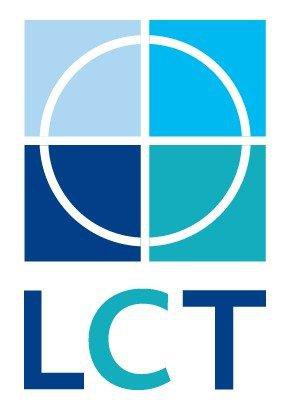Master the art of recruiting and selecting the right talent. This course covers the end-to-end recruitment process, from job analysis to selection methods, ensuring alignment with organisational goals.

Master the art of recruiting and selecting the right talent. This course covers the end-to-end recruitment process, from job analysis to selection methods, ensuring alignment with organisational goals.
Who Should Attend
Course Outcomes
Course Topics
Resourcing Strategy
The Recruitment process
Attracting candidates
Selection methods
Induction
The World of Corporate Governance Today
Corporate Governance Risk Management and Compliance (GRC) in Financial Institutions
Main Components and principles
Environmental Social and Governance (ESG)
The Governing Body
LCT has more than 25 years experience of working in partnership with international clients to deliver training and consultancy solutions leading to positive professional development outcomes.
Our Values
Our core values of Quality, Respect, Innovation, Success and Collaboration underpin everything that we do.
Quality: We are committed to delivering high-quality programmes to our delegates and clients. This includes ensuring that our instructors are knowledgeable and experienced, and that their resources are up-to-date, relevant and effective.
Respect: Mutual respect forms the basis of our business. We hold in high esteem our clients and our delegates and we earn their respect in the way we behave. We value all our stakeholders and treat them with consideration.
Innovation: We are a progressive company and are always looking for ways to improve and update our programmes. For example, we are always incorporating new technologies, developing new teaching methods, and adapting to the changing requirements of our clients.
Success: Our ultimate purpose is to help our delegates achieve their professional goals. We are committed to providing the support, resources, and opportunities necessary for our delegates to succeed.
Collaboration: We understand that learning is a collaborative process. Our global outlook aims to foster long-term partnerships with our clients and business leaders to provide our delegates with a well-rounded education and valuable networking opportunities.
© 2025 coursetakers.com All Rights Reserved. Terms and Conditions of use | Privacy Policy